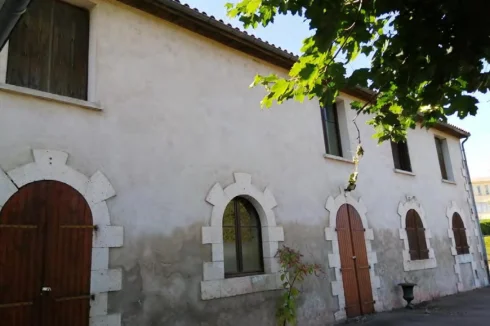French Income Tax Rate for Non-Residents
Monday 05 September 2016
The French government have made it easier for non-residents to pay a lower rate of tax on French sourced income, but there is no relenting on social charges.
That obligation also arises on other French sourced investment income, such as dividends and interest.
Although in theory the income is taxed on a progressive basis, in practice a minimum imposition of 20% applies.
Hitherto, in order to obtain entitlement to a lower rate it has been necessary to subsequently appeal against the initial assessment, a process that not infrequently requires professional assistance.
In the face of several legal rulings in the European Court and the French Conseil d'Etat, the government last year passed a law making it easier for non-residents to obtain a lower rate.
Under article 120 de la loi n° 2015-1785 du 29 décembre 2015 de finances pour 2016 a non-resident can now include with their French tax declaration a copy of the tax notice from their home country for the relevant year, as proof of entitlement to a lower rate, based on the totality of their income.
Accordingly, if your marginal tax rate in your home country is lower than 20%, including French sourced income, then you would have entitlement to a lower rate in France, being either 14% or a zero rate, depending on your circumstances.
In the absence of the availability of a tax notice for the relevant year the law allows a taxpayer to submit with their French tax return a statement that they consider they are entitled to a lower rate. They will be assessed in France on this basis, with an obligation to subsequently submit their home income tax return when it is received.
These new arrangements apply from income received in 2015. They also apply equally to EEA residents and non-Europeans, provided the country concerned has a tax treaty with France.
UK residents benefit from a double taxation treaty, which grants partial relief against liability to tax in the UK. This means you need to declare the rental income to both the French and UK tax authorities.
Where your UK tax is greater than the tax payable in France the difference is paid in the UK. However, if the UK tax is less there is no repayment of the French tax in the UK.
Clearly, therefore, timing issues may arise about the joint assessment of such income, which can only be resolved by appealing the tax assessment in the UK.
The income in France also remains subject to social charges at the rate of 15.5%, which is applied irrespective of the level of income or family circumstances. The issue remains in contention, and there is likely to be further legal challenges in the future.
Next Article: French Village at Birmingham
Thank you for showing an interest in our News section.
Our News section is no longer being published although our catalogue of articles remains in place.
If you found our News useful, please have a look at France Insider, our subscription based News service with in-depth analysis, or our authoritative Guides to France.
If you require advice and assistance with the purchase of French property and moving to France, then take a look at the France Insider Property Clinic.





